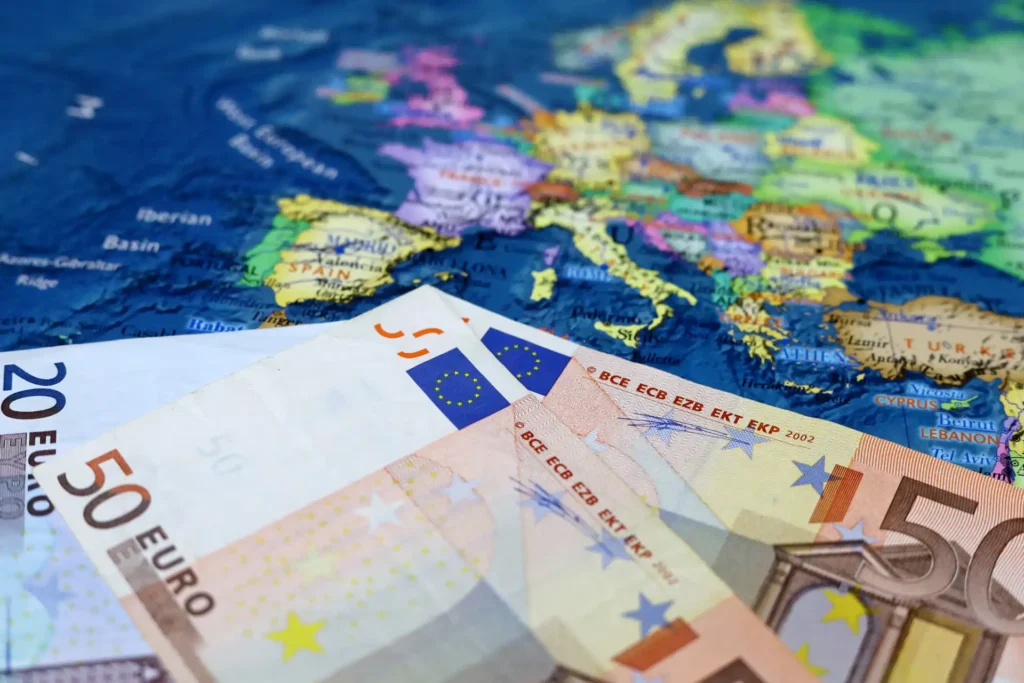
Which countries in the EU have their own currency?
Are you curious about which EU countries still use their own unique currencies instead of the euro? Although the euro is widespread, a handful of EU nations have opted to keep their traditional currencies.
Join us as we explore each of these nations and their colourful currencies that contribute to the rich tapestry of Europe’s financial landscape.
What is the Eurozone?
The Eurozone is a group of EU countries that use the euro as their official currency. Having a common currency makes trade and travel easier within Europe.
How many countries in Europe have the same currency?
In Europe, 20 of the 27 EU member countries use the euro (€), issued by the European Central Bank, as their official currency. These countries form the Eurozone, or officially, the Euro Area. Here’s a list of all EU member states:
- Austria
- Belgium
- Croatia
- Cyprus
- Estonia
- Finland
- France
- Germany
- Greece
- Ireland
- Italy
- Latvia
- Lithuania
- Luxembourg
- Malta
- Netherlands
- Portugal
- Slovakia
- Slovenia
- Spain
Buy your travel money now
Which EU countries do not use the euro?
Six EU countries don’t use the euro: Bulgaria, Czechia, Hungary, Poland, Romania, and Sweden. Each country has chosen to keep its own national currency for various reasons.
Let’s explore what currencies are used by these six European countries:
Bulgaria
Bulgaria uses the Bulgarian lev as its currency. The currency symbol is “лв”, and the code is BGN. One lev is divided into 100 stotinki.
Coins come in denominations of 1, 2, 5, 10, 20, and 50 stotinki, as well as 1 and 2 leva. Banknotes are available in 5, 10, 20, 50, 100, and 500 leva.
Bulgaria is planning to adopt the euro, but for now, they still use the lev.
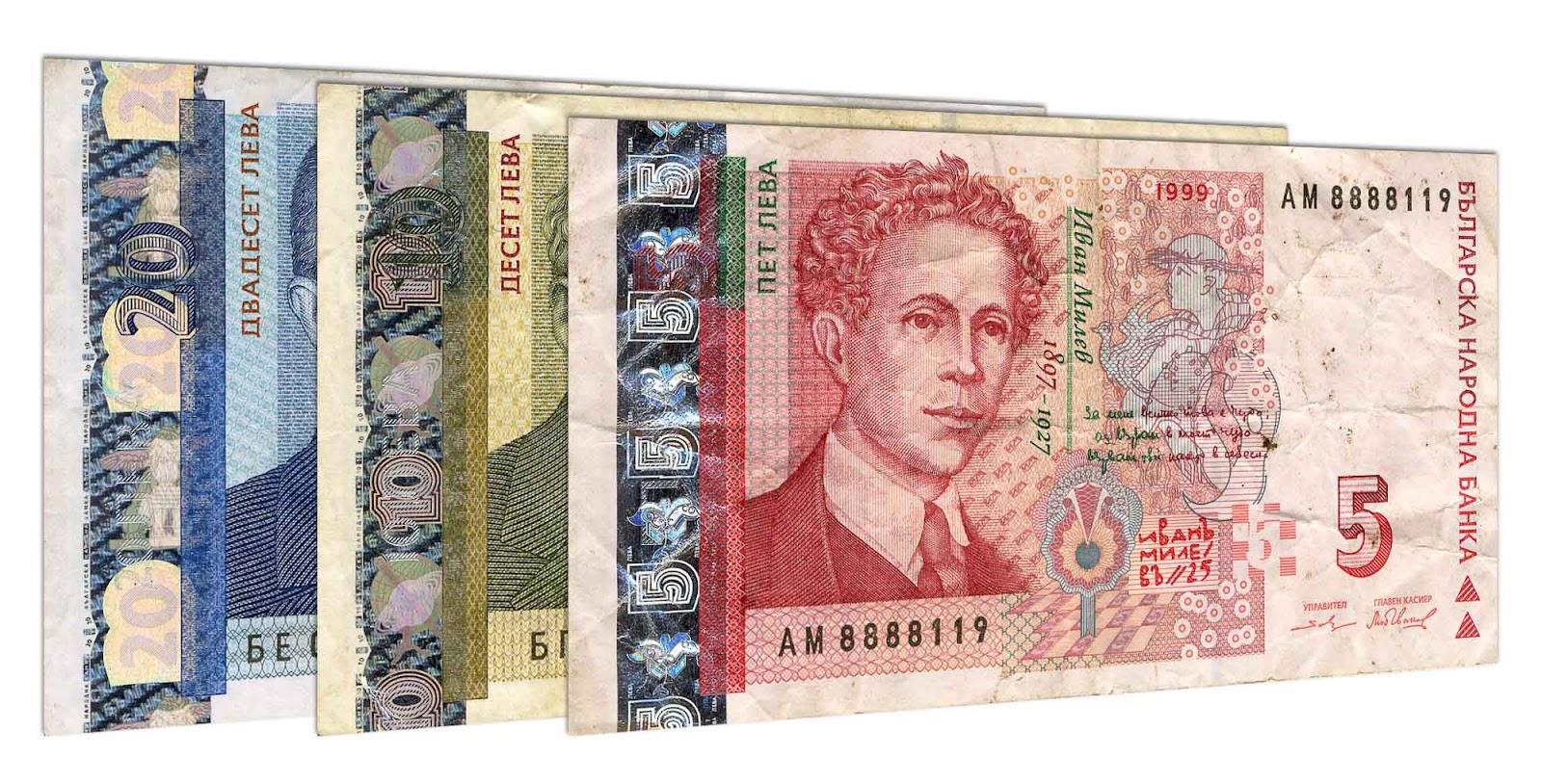
Czechia
Czechia uses the Czech koruna as its currency. The symbol is “Kč,” and the code is CZK. Coins are available in denominations of 1, 2, 5, 10, 20, and 50 koruna.
Banknotes come in 100, 200, 500, 1000, 2000, and 5000 koruna. Each note and coin features important historical figures and landmarks.
Czechia hasn’t adopted the euro yet, and there’s no set date for when it might switch. Many people and politicians prefer to keep the Czech koruna for now.
So, for the time being, Czechia will continue using its own currency.
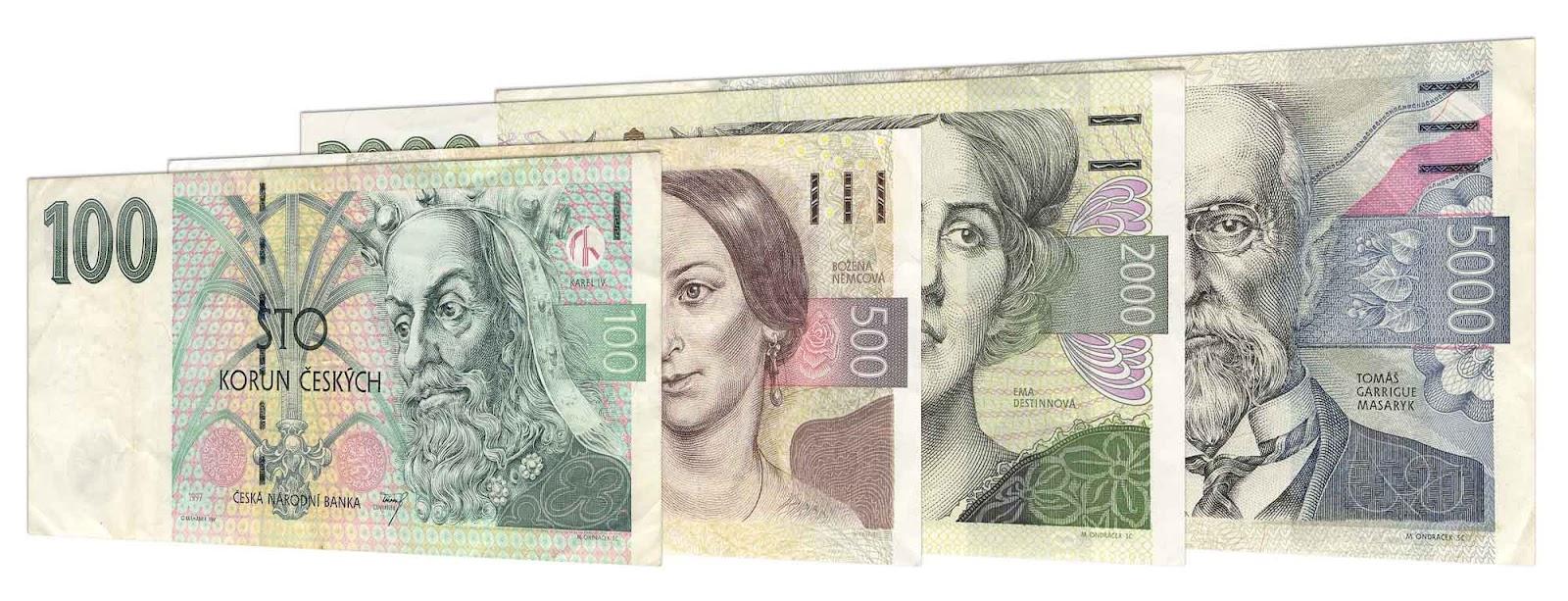
Hungary
Hungary uses the Hungarian forint as its currency. The symbol is “Ft”, and the code is HUF. You’ll find coins in denominations of 5, 10, 20, 50, 100, and 200 forint.
Banknotes come in 500, 1,000, 2,000, 5,000, 10,000, and 20,000 forint. Each note features notable historical figures and landmarks.
Hungary has not adopted the euro and has no immediate plans to switch.

Poland
Poland uses the Polish zloty as its currency. The symbol is “zł”, and the code is PLN. You’ll find coins in denominations of 1, 2, 5, 10, 20, and 50 groszy, as well as 1, 2, and 5 zloty.
Banknotes come in 10, 20, 50, 100, and 200 zloty. Each note showcases significant historical figures and landmarks.
Poland has chosen not to adopt the euro and currently has no plans to change this.
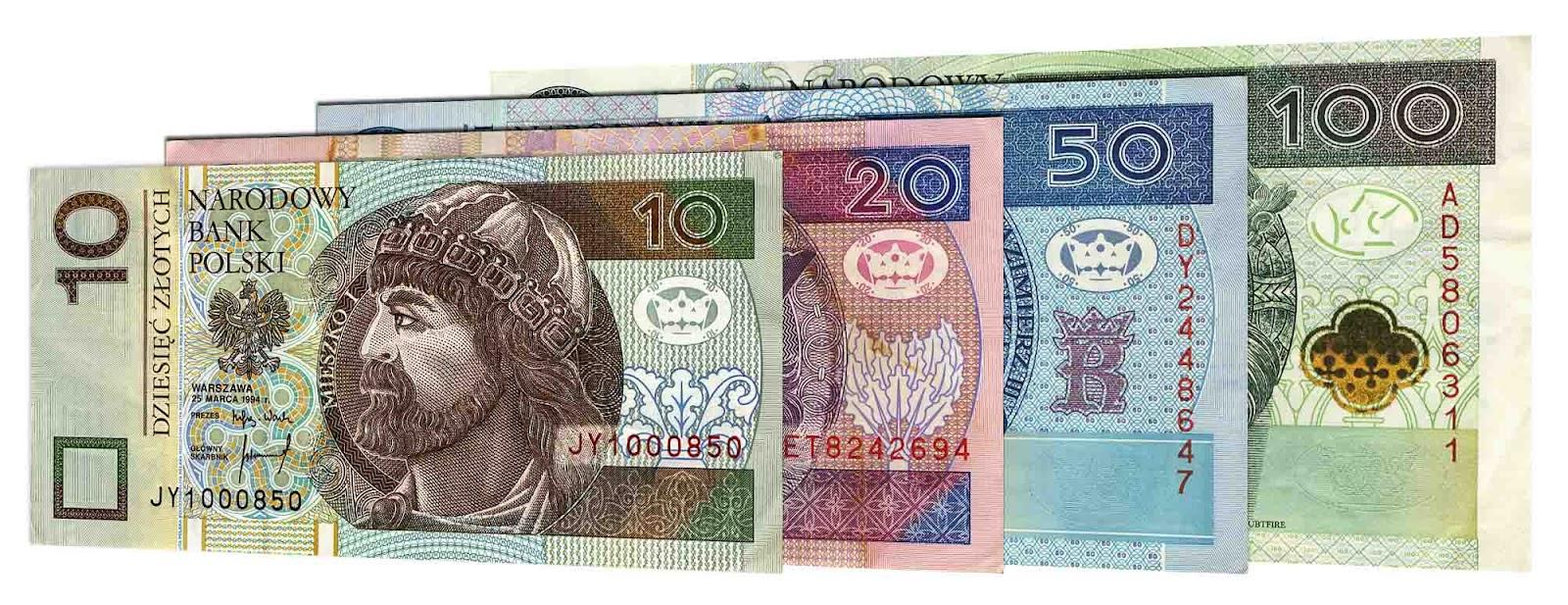
Romania
Romania uses the Romanian leu as its currency. The symbol is “lei”, and the code is RON. Coins come in denominations of 1, 5, 10, and 50 bani.
Banknotes are available in 1, 5, 10, 50, 100, 200, and 500 leu. Each banknote features important cultural and historical figures.
Romania has not adopted the euro yet and continues to use the leu. The currency remains well-loved and widely used throughout the country.
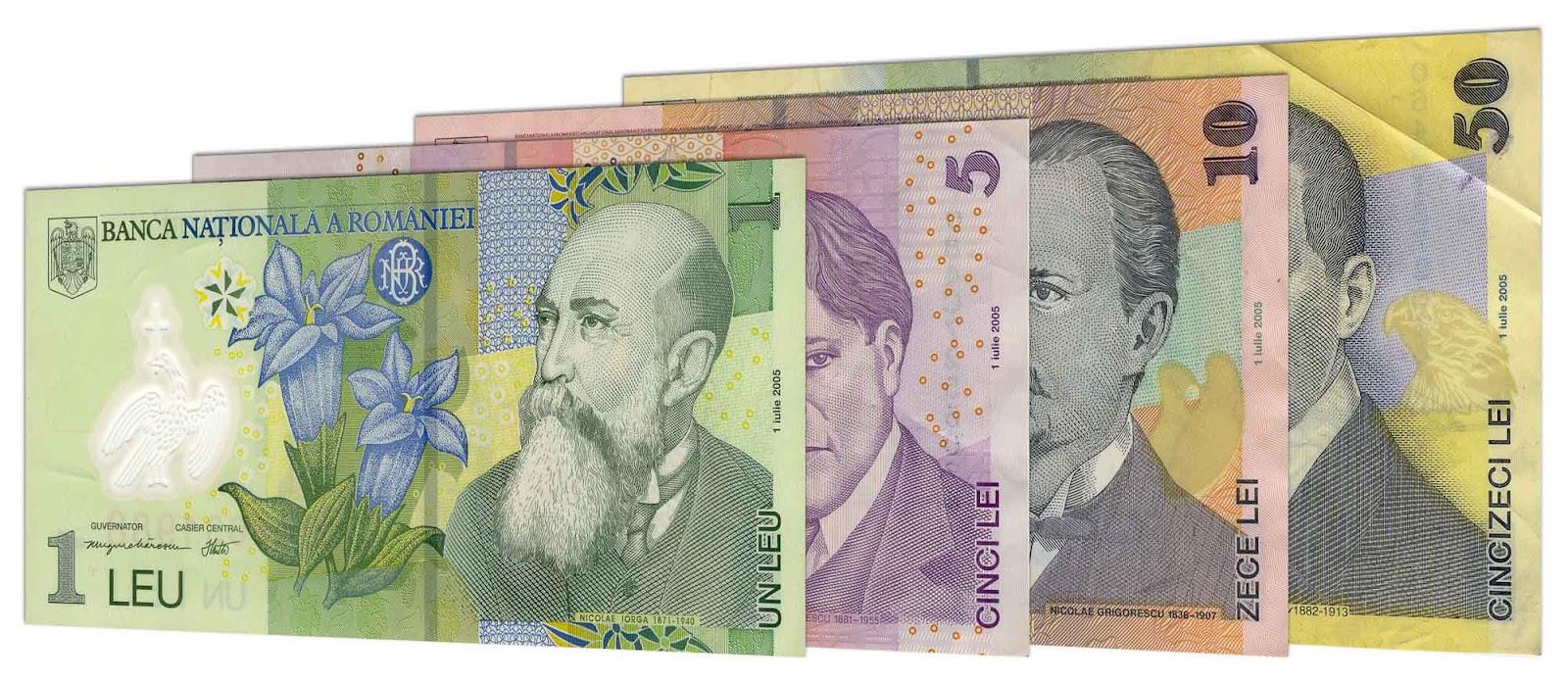
Sweden
Sweden uses the Swedish krona as its currency. The symbol is “kr”, and the code is SEK. You’ll find coins in denominations of 1, 2, and 5 krona.
Banknotes come in 20, 50, 100, 200, 500, and 1000 krona. Each note features famous Swedish personalities and landmarks.
Sweden has decided not to adopt the euro and continues to use the krona. The krona is trusted and preferred by both the public and officials.

Buy your travel money now
Which countries recently joined the Eurozone?
Croatia joined the Eurozone on January 1, 2023, and switched from the Croatian kuna to the euro. This move is expected to boost Croatia’s economy and strengthen ties with other Eurozone countries.
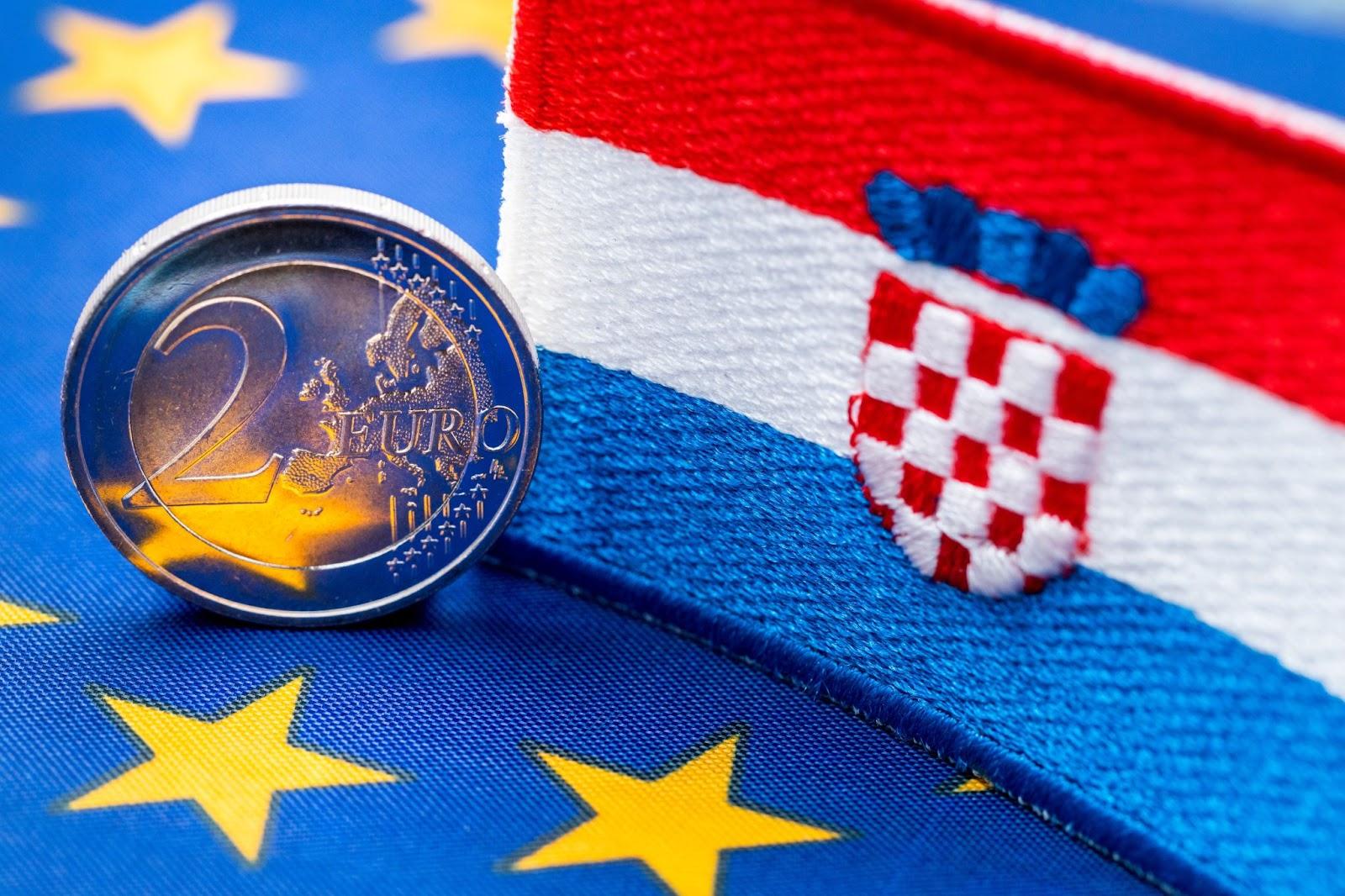
Which countries are likely to adopt the euro in the near future?
Several countries are likely candidates to adopt the euro in the near future. These include:
- Bulgaria
- Romania
These countries are working towards meeting the necessary economic criteria and gaining public and political support for the transition. Keep an eye on them as they move closer to joining the Eurozone!
Who uses the euro outside the Euro Area?
Several countries and territories outside the Eurozone also use the euro. These include Monaco, San Marino, Vatican City, and Andorra. Additionally, Montenegro and Kosovo use the euro without joining the eurozone. This makes the euro a truly international currency!
Why is Denmark not using the euro?
Denmark chose not to adopt the euro after a 2000 referendum in which the majority of Danes voted to keep the Danish krone.
They have a special opt-out agreement with the EU, allowing them to maintain their own currency. This reflects the country’s desire to have more control over its economic policies.
Buy your travel money now
Why choose Manor FX?
Wide range of currencies: Manor FX offers an impressive selection of over 160 currencies. Whether you’re looking for common or rare currencies, we’ve got you covered with competitive rates.
Simple click-and-collect service: Enjoy our easy click-and-collect option. Choose this service at checkout and pick up your travel money at your convenience.
Free delivery for large orders: Get free delivery on orders over £750. Order your foreign currency online, and we’ll deliver it straight to your home or office, making your experience hassle-free.
Great value for your money: We offer excellent exchange rates, ensuring you get more for your money than other providers, such as banks and the Post Office.
Excellent buyback rates: Take advantage of our great buyback rates for any leftover currency. Sell back your unused currency easily and avoid wasting money.

FAQs
Does Norway use the euro?
No, Norway doesn’t use the euro. It has its own currency, the Norwegian krone. Norway is not a member of the European Union, so it has kept its own currency to manage its economy independently.
Does Switzerland use the euro?
No, Switzerland doesn’t use the euro as it is not a member of the EU. It has its own currency, the Swiss franc.
Switzerland is known for its stability and prefers to maintain its financial independence. However, the euro is still widely accepted in many tourist areas across the country.
Why is Poland not using the euro?
Poland has yet to adopt the euro because it has not met all the economic conditions required to join the Eurozone.
These conditions include low inflation and stable public finances. So, for now, Poland continues to use its own currency, the Polish zloty.
What is the strongest currency in Europe?
The strongest currency in Europe is the Swiss franc (CHF). Switzerland is known for its stable economy and banking system, which help boost its currency’s strength. The Swiss franc is often considered a safe investment during uncertain times.
Does Turkey use the euro?
No, Turkey does not use the euro. The official currency of Turkey is the Turkish lira. While some businesses, especially in tourist areas, might accept euros, using the local currency is generally more common and practical.
Will I get more travel money if I use Manor FX?
Absolutely! We compare exchange rates regularly to ensure you get the most travel money with us. Compare our rates with other providers to see the difference for yourself!
Do you charge any fees?
No, we never charge commissions or transaction fees. Simplicity and transparency matter to us. If your exchange is below £750, there is a £7.50 delivery charge. But delivery is free for exchanges of £750 or more.